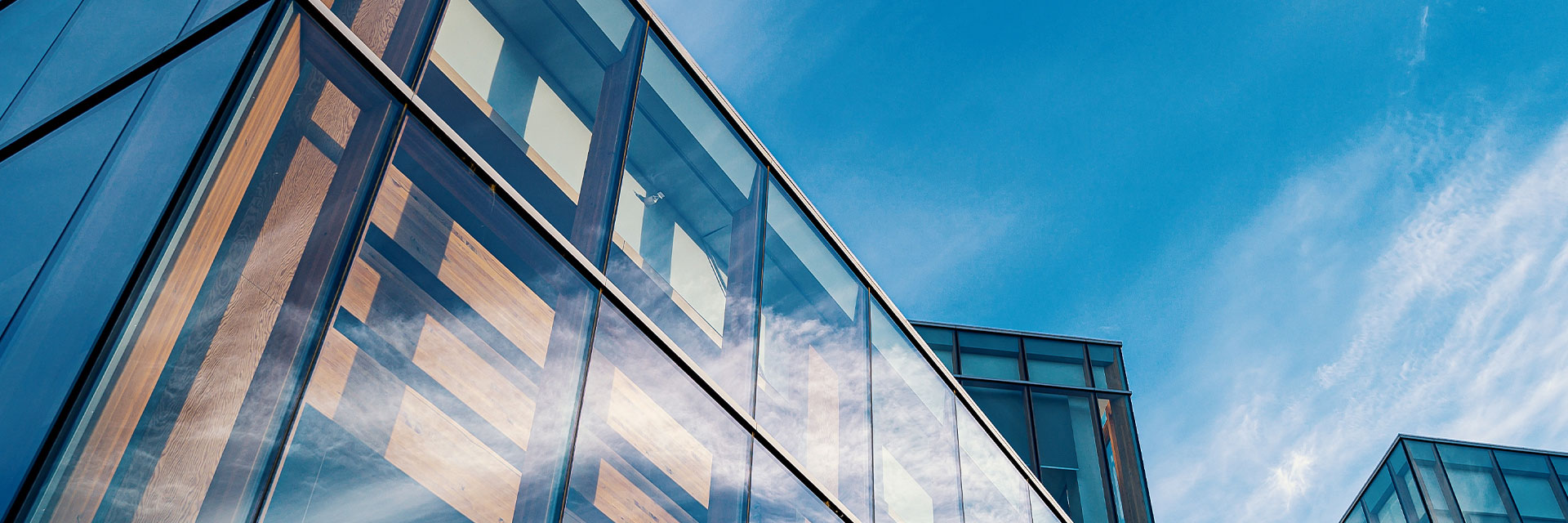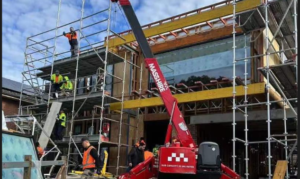
Benefits and Advantages of Fully Automatic Insulating Glass Sealing Machines
The fully automatic insulating glass sealing machine represents a significant leap forward in glass manufacturing technology. Designed for high efficiency and precision, these machines are a cornerstone in the production of double or triple-glazed glass. Below are the key benefits and advantages of using this advanced equipment:
1. Enhanced Production Efficiency
-
Automation: Fully automatic operation eliminates manual intervention, significantly speeding up the sealing process.
-
Continuous Workflow: Machines are capable of operating non-stop, boosting overall productivity and reducing production time.
2. Superior Sealing Quality
-
Precision Application: Automated nozzles apply sealant uniformly along the edges, ensuring airtight and weatherproof bonds.
-
Consistent Results: Unlike manual sealing, these machines maintain consistent quality, reducing errors and material waste.
3. Cost-Effective Operation
-
Reduced Labor Costs: Automation minimizes the need for skilled labor, cutting down on associated expenses.
-
Material Efficiency: Precise application optimizes the use of sealant, reducing waste and saving costs over time.
4. Versatility in Glass Production
-
Adaptability: These machines can handle various sizes and types of insulating glass, from standard windows to specialized architectural glass.
-
Multi-Layer Capabilities: Suitable for sealing both double and triple-glazed units.'
5. Improved Workplace Safety
-
Reduced Manual Handling: Automation eliminates the risks associated with manual application, ensuring a safer working environment.
-
User-Friendly Design: Machines are designed with intuitive interfaces, making them easy to operate and maintain.
6. Environmentally Friendly
-
Energy Efficient: Advanced systems are designed to consume less power while delivering high performance.
-
Waste Reduction: Precise material use contributes to lower waste, supporting sustainable manufacturing practices.
7. Competitive Advantage
-
Higher Output: Manufacturers can meet large orders faster, catering to market demand effectively.
-
Quality Assurance: Consistent sealing quality enhances the durability and energy efficiency of the final product, appealing to discerning customers.
AS/NZS 2047-2014 Windows and external glazed doors to buildings
AS/NZS 2208:1996 Safety glazing in buildings
AS/4666 – 2012 Insulating glass units
AS/1288 AGGA
AGWA Australian Glass & Window Association
WERS Window energy rating system
AWA Australian window association
NATA Accredited Inspection Agency
SAFETY DATA SHEET GLUE SEALANT
SGS GLUE SILICONE REPORT EN & GM STANDARDS
DATA SHEET WOOD COATING
LOG GLUE SEALANT GUARANTEE
COMPLIANCE WOOD REVEAL NZ PINUS RADIATA
ENERGY RATING CHARTS
SOUND RATING CHARTS
POWDER COATING ON ALUMINIUM FRAMES
AS/NZS 2047-2014 Windows and external glazed doors to buildings
NATA Accredited Inspection Agency
AS 2047
AS 3715
AS 4506
CRITICAL WINDOW DATA:
SHGC Solar Heat Gain Coefficient
U-value is a measure insulates heat loss Kelvin (W/m²K)
RW Weighted Sound Reduction Index
NFRC 100-2010 National Fenestration Rating Council determines the thermal transmittance (U-factor), Solar Heat Gain Coefficient (SHGC), and Visible Transmittance (VT) of a window.
Conclusion
The fully automatic insulating glass sealing machine is an indispensable tool for modern glass manufacturers. Its ability to combine speed, precision, and cost-efficiency makes it a valuable investment for companies aiming to enhance productivity and maintain high-quality standards in the competitive glass industry.
For manufacturers looking to stay ahead, adopting this technology ensures a streamlined operation, improved product quality, and a strong competitive edge in the market.
-

